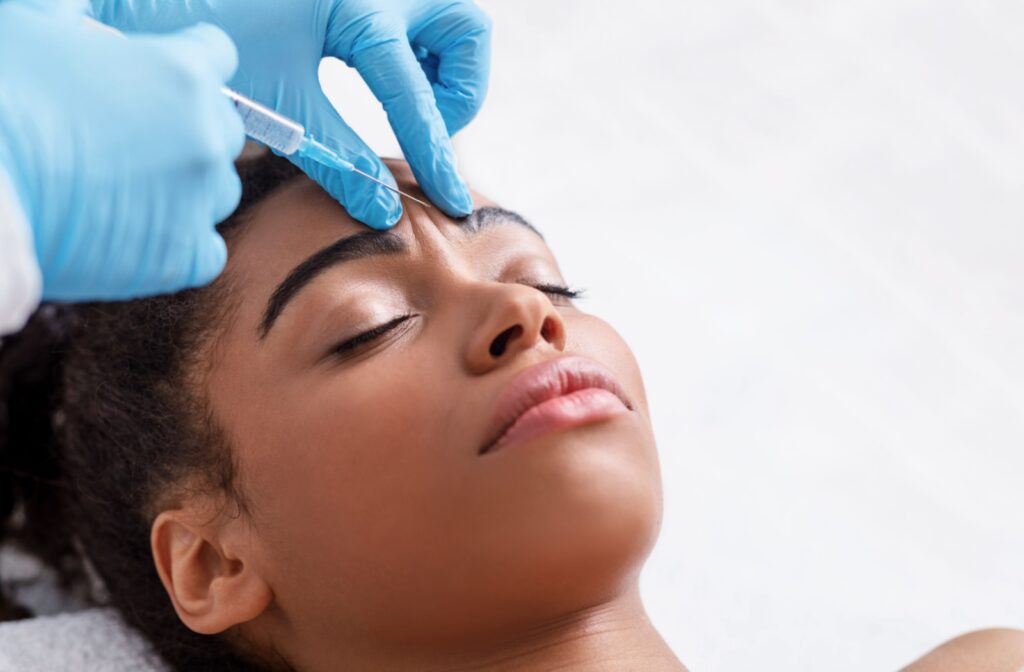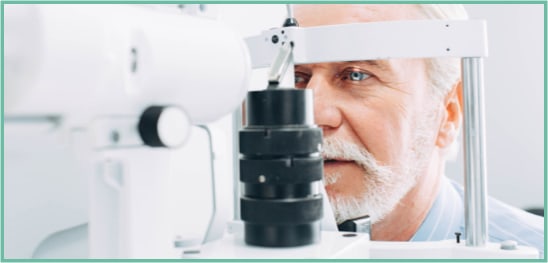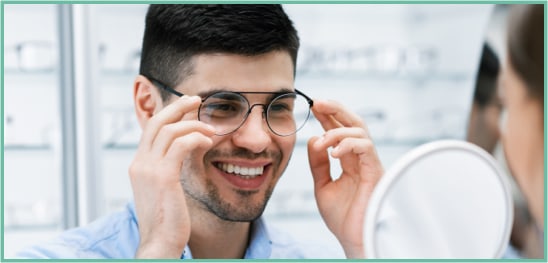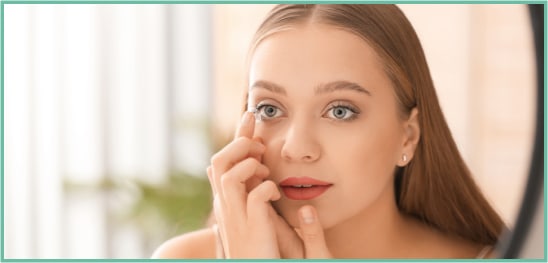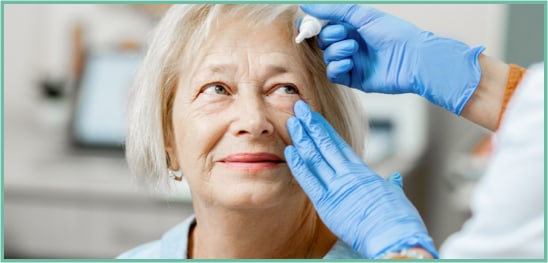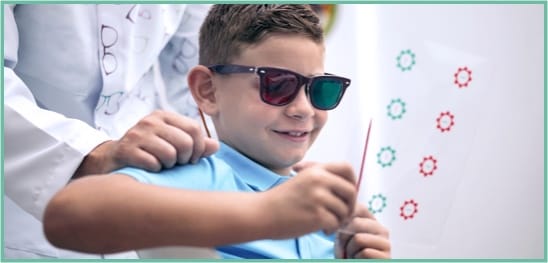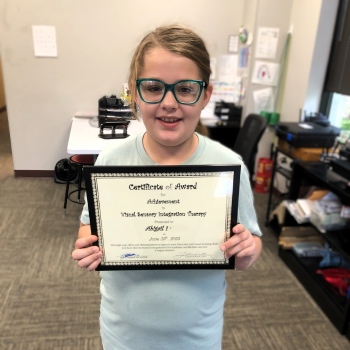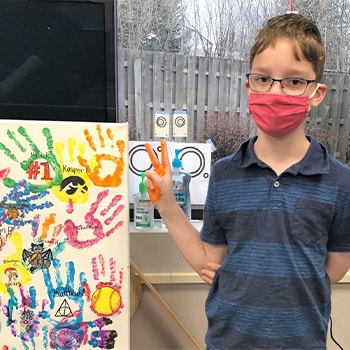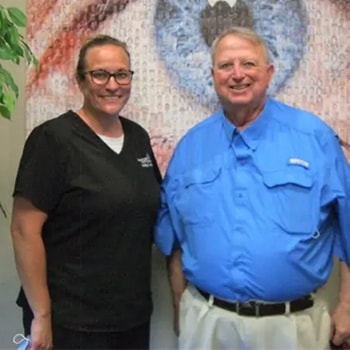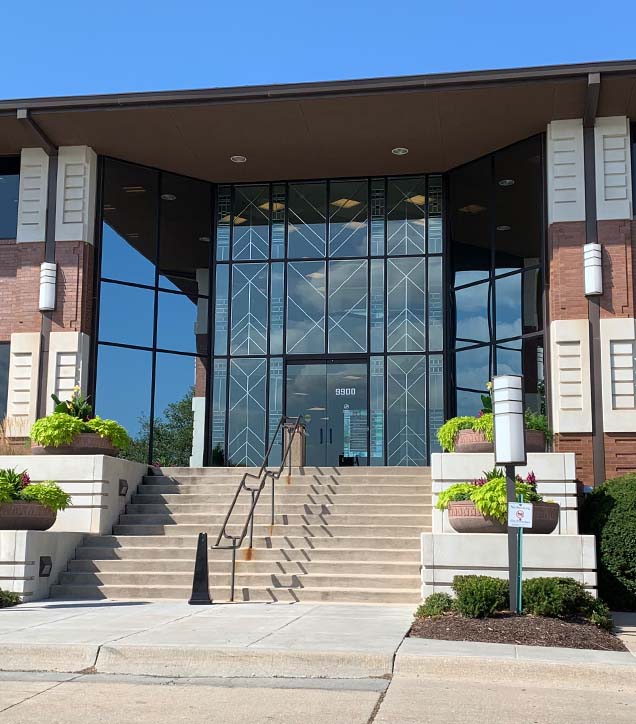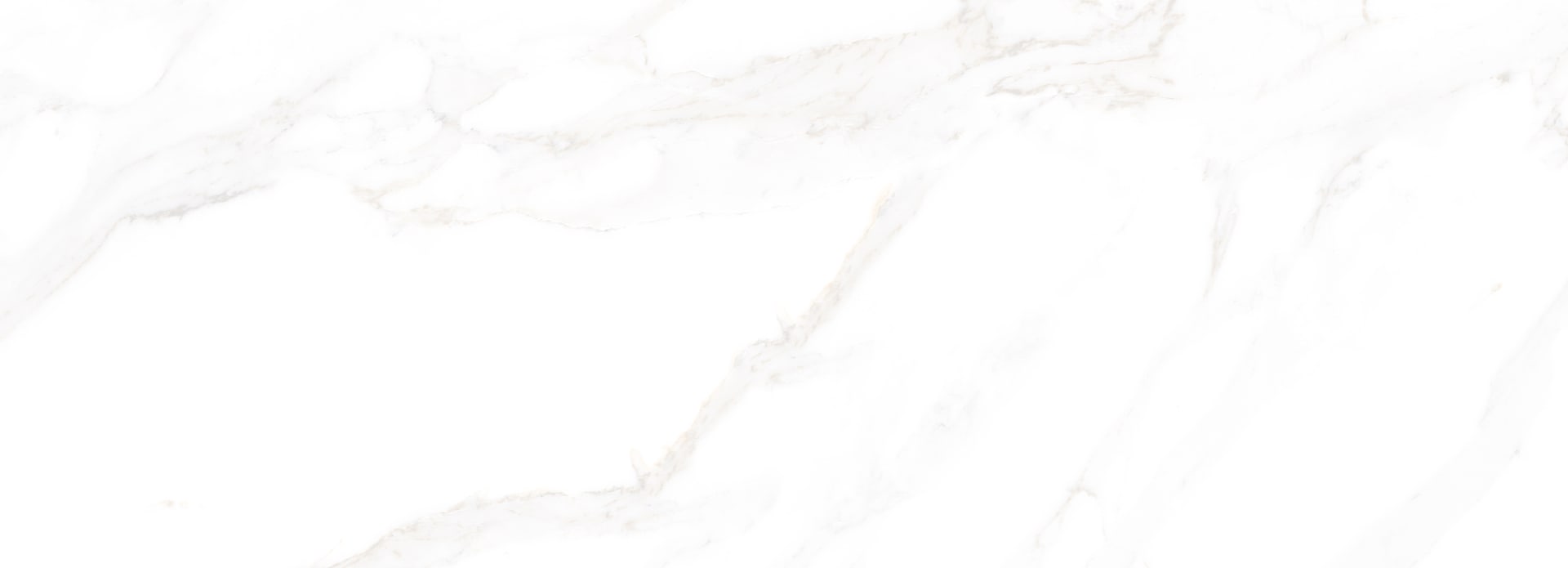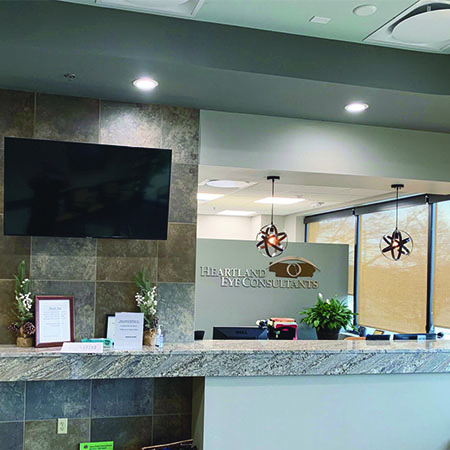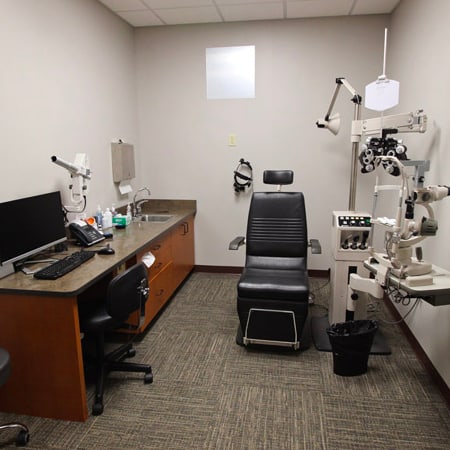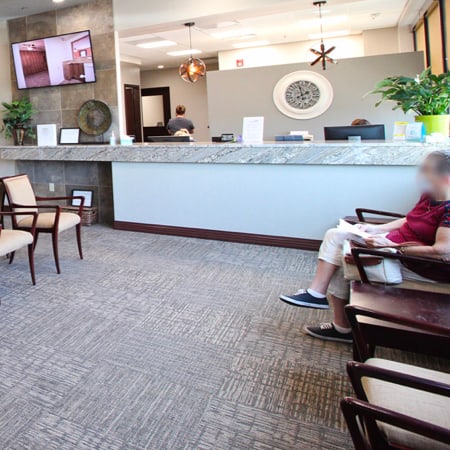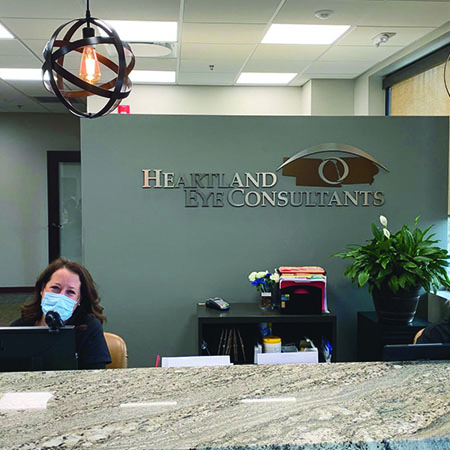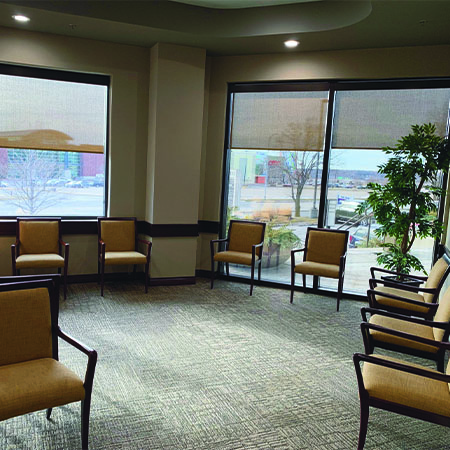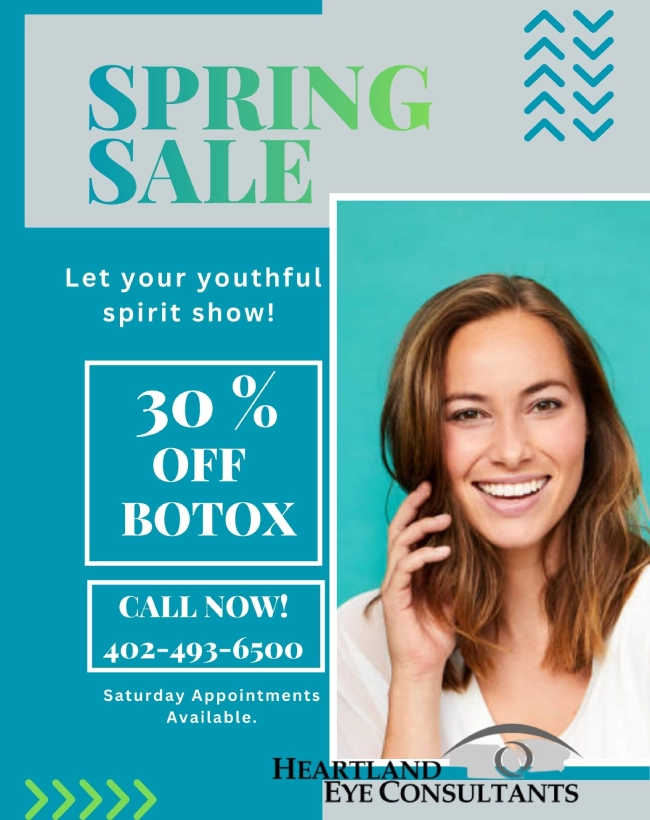We live in a world where looking rejuvenated can be just a few tiny injections away. However, with the popularity of botox treatments, a concern that’s starting to raise an eyebrow or two is the potential side effect of dry eyes. Is this revitalizing treatment leaving us double-blinking in discomfort from dry eyes?
Yes, botox can cause dry eyes, but it has also been found to help with them. So, together, we’ll explore what botox really does to our peepers and offer you some clear-eyed advice from our professionals.
Understanding Botox & Dry Eyes
What Is Botox?
Botox has become synonymous with a wrinkle-free forehead, but it’s much more than a cosmetic vial of youth. Botulinum toxin, commonly known as botox, is a potent neurotoxic protein produced by the bacterium Clostridium botulinum. It is used in medical and cosmetic procedures to temporarily reduce muscle activity by temporarily blocking nerve signals.
In cosmetic applications, botox injections are used to diminish wrinkles by relaxing muscles, particularly in areas such as the forehead and around the eyes. Additionally, botox treatments can address issues like excessive sweating and certain eye conditions.
What Is Dry Eye?
Dry eye, also known as dry eye syndrome, is a condition characterized by a lack of sufficient lubrication and moisture on the surface of the eye. This can lead to discomfort, irritation, and potential damage to the eyes.
Common symptoms of dry eye include a dry, gritty, or burning sensation in the eyes, redness, excessive tearing, and mucus discharge.
The causes of dry eye can vary and may include factors such as:
- Inadequate tear production
- Poor tear quality
- Rapid evaporation of tears
- Underlying medical conditions like autoimmune diseases or hormonal changes
- Long-term use of contact lenses
- Environmental factors such as dry air, wind, or smoke exposure
Why Botox Causes Dry Eyes
When botox injections are injected around the eyes, notably for crow’s feet (those endearing little lines that fan out from the corners), they can disrupt the delicate harmony of your blinking. Perfectly placed for maximum beauty benefit, these injections can relax the muscles to the point where your eyelids might struggle to close completely.
Studies discuss why and how botox leads to dry eyes. Although it may seem counterintuitive, botox has been shown to play both villain and hero when it comes to dry eyes. Some research also proposes it as a remedy for those already experiencing dry eye.
Managing Dry Eye Symptoms
If you’ve started to experience dryness in your blink post-botox, don’t despair! Relief is available.
Here are tips for when your eyes if they start feeling dry after a botox treatment:
- Eye Drops: Over-the-counter artificial tears may be the quick relief your eyes are thirsting for.
- Blink Exercises: Yes, you can exercise your eyelids. Incorporate intentional blinking into your day, like working in push-ups between Netflix episodes.
- Humidifiers: Crank up the humidifier to keep the air around you moist.
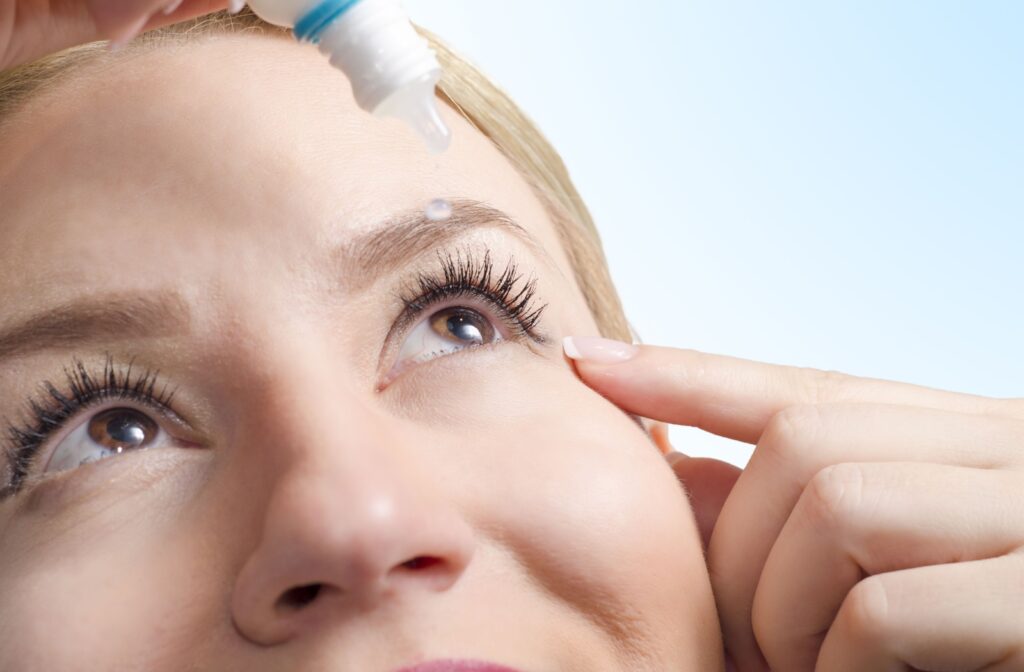
If your dry eye symptoms persist, reach out to the team at Heartland Eye Consultants for a comprehensive dry eye evaluation.
Dry Eye Treatment at Heartland Eye Consultants
At Heartland Eye Consultants, we have years of experience treating dry eye. Our eye doctors will assess your dry eye symptoms to find the root cause, whether botox is the culprit or not, and tailor treatment options right for you.
Intense Pulsed Light (IPL) Therapy
Intense pulsed light (IPL) therapy uses carefully controlled pulses of light to treat dry eyes. This therapy reduces inflammation around the eyes, leading to several benefits: increased tear break-up time, reduced bacterial presence, improved meibomian gland function, and treatment of inflamed blood vessels.
Radio Frequency
TempSure eyeEnvi is a radiofrequency (RF) treatment designed to treat the sensitive skin around your eyes. It is gentle on thin tissue and can target smaller treatment areas effectively. Radiofrequency uses heat energy to break up the oils that clog the meibomian glands so that tears can regain the correct composition of fluids.
MiBo Thermoflo
MiBo Thermoflo is a treatment designed to restore the function of your tear film by gently warming your eyelids. This process helps to remove blockages in the meibomian glands, which are essential for maintaining healthy tears. By addressing these blockages, MiBo Thermoflo can alleviate dry eye symptoms and improve the longevity of your tears.
Low-Level Light Therapy (LLLT)
Low-level light therapy (LLLT) is a non-invasive treatment that uses light energy to improve the health and function of the meibomian glands. By stimulating blood circulation and reducing inflammation, LLLT can enhance oil production in the glands, leading to better tear quality. This therapy is a soothing and effective option for managing dry eye symptoms, especially for those with meibomian gland dysfunction.
Prescription Eye Drops
Prescription eye drops offer benefits beyond simple hydration. Depending on your specific needs, these drops can reduce inflammation, promote healing, and stimulate increased tear production. They provide targeted relief for a variety of dry eye conditions, tailored to your unique situation.
Other Cosmetic Treatments Available
If you find yourself feeling the effects of dry eyes from botox, there are other cosmetic options available to treat fine lines and wrinkles. Working with the team at Heartland Eye Consultants can ensure your treatment is tailored to you and your skin goals. Treatment options we offer include:
- IPL Photofacial: An IPL photofacial uses gentle light pulses absorbed by the skin to stimulate collagen production. This treatment enhances skin tone and texture, while addressing signs of aging, pigmentation issues, rosacea, and sun damage.
- Radiofrequency (RF): RF addresses a number of cosmetic concerns on top of dry eye. This treatment can be applied to multiple areas of the face and neck to help with crows feet, smile lines, and forehead lines.
- Dermal Fillers: Dermal fillers help to restore volume and enhance facial contouring. The hyaluronic acid solution is specifically designed to diminish wrinkles.
Contact us to determine what aesthetic solution is right for you.
Should You Stop Getting Botox?
To botox or not to botox? That is the question. And the answer comes down to personal preference and eye health. We recommend chatting with your eye doctor about the pros and cons based on your experiences. For some, the allure of smooth expression lines may tip the scales; for others, the quest for comfortable vision may hold more weight.
FAQs
Q: Can Botox Worsen Existing Dry Eye Conditions?
A: Like adding paprika to chili, sometimes botox can worsen dry eye. It’s always a good idea to seek professional advice before using botox if you have pre-existing dry eye syndrome.
Q: Are There Preventive Measures to Reduce the Risk of Dry Eyes Post-Botox?
A: Talk to your injector about your concerns; they may adjust the treatment area. And talk to your eye doctor about ways to mitigate your dry eye symptoms.
Q: How Long Do Dry Eye Symptoms Typically Last After Botox Injections?
A: Dry eye symptoms post-botox injection can develop between 4 days and 2 weeks after the procedure and may last anywhere from 6 weeks to 3 months. The effects may be temporarily resolved as the botox wears off.
Q: When Should You Seek Medical Advice for Persistent Dry Eye Symptoms Post-Botox?
A: Here are some indications of when to seek medical advice for persistent dry eye symptoms after you get botox:
- Severity and Duration of Symptoms: In cases where dry eye symptoms following botox injections are severe, causing significant discomfort, affecting vision, or interfering with daily activities, seeking prompt medical advice is recommended.
- Unusual Reactions: If there are unusual reactions such as droopy eyelids, blurred vision, eye twitching, or other concerning eye-related issues that persist after botox treatment, it’s essential to seek intervention from a healthcare professional.
- Complications: Any complications arising from botox injections around the eyes, including dry eye, should be monitored closely. If there are signs of infection, bruising, or unintended effects on muscle function, you should seek prompt medical advice.
- Visual Changes or Discomfort: If you experience visual changes, such as unusual sensitivity to light, double vision, or discomfort around the eyes following cosmetic botox use, it is recommended that you consult with your eye doctor to assess the situation.
Discover What’s Right for You
While botox can lead to a temporary dry spell for your eyes, the condition may resolve itself. If you develop or experience worsening dry eye symptoms after receiving botox, speak with your optometrist as soon as you can. The team at Heartland Eye Consultants is here to help! Whether you’re looking for a botox or dry eye treatment consultation, contact us today. We’re happy to discuss the options right for you.


